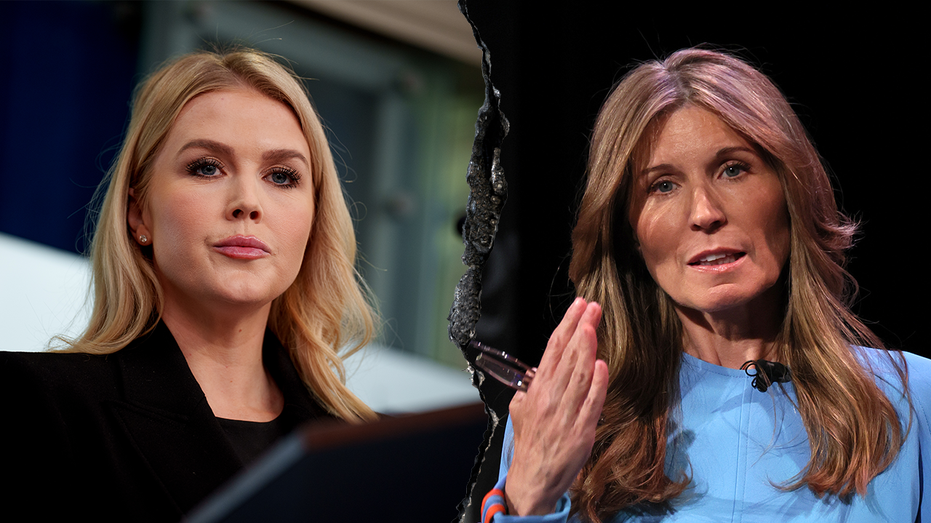- by foxnews
- 09 Mar 2025
Calls for changes to New Zealand law after rapist claims sex with 12-year-old ‘consensual’
Calls for changes to New Zealand law after rapist claims sex with 12-year-old ‘consensual’
- by theguardian
- 05 Aug 2022
- in news

The interrogation of a victim who was accused in court of "consenting" to sex with an adult when she was 12 years old has placed New Zealand's sexual assault laws in the spotlight, with advocates pushing for a total overhaul.
The offender, Tulisi Leiataua, was found guilty this week of 33 charges of sexual abuse against two girls. His youngest victim was 8 years old when the abuse began. Both victims faced two weeks of gruelling cross-examination, and it was the nature of Leiataua's defence, rather than the trial's final outcome, that prompted outcry among New Zealand advocates.
Leiataua argued during the trial that his assault on one of the girls, who was 12 at the time of the attacks, was "consensual", that she had "pursued" him, and that it was therefore not rape.
His defence utilised an element of New Zealand's laws not widely understood by the public - that while the age of consent is broadly 16 years in New Zealand, consent is still a legal defence available to those charged with sexual violation by rape. Advocates say that should change, to ensure that children cannot be regarded as consenting parties to sexual activity with adults.
McPhillips said being accused in court of lying and of consenting to sexual activity resulted in additional trauma for victims, particularly children. "As an adult, it's bad enough to be blamed for something that was done to you, intentional harm that was done to you. That's bad enough - but to be a child?"
Judge Richard Earwaker, who presided over the case, addressed the issue of consent on a person under 16 years old in the final days of the trial, the New Zealand Herald reported.
"Legally, a person under 16 cannot give consent for charges of indecent acts, therefore as a jury, all you need to decide is if the indecent acts took place," he said. "But as for sexual intercourse, a person under 16 can give consent. You need to consider whether or not the consent was given based on the evidence you have."
Defence lawyer Mark Edgar argued that the victim had engaged in a consensual relationship she now regretted.
"Has she detached herself from not remembering because she has regret? She was probably too young to appreciate it but that doesn't mean she didn't want to go along with it," he said.
Leiataua was found guilty in Manukau District Court of four counts of sexual violation by rape, three counts of an indecent act with a young person, one count of indecent assault, 10 counts of sexual violation by unlawful sexual connection, seven counts of other sexual violations, two counts of other assault on a child and six charges of an indecent act on a child.
Layba Zubair, a 17-year-old advocate and campaigner, has launched a petition to parliament for an overhaul of New Zealand's consent laws, arguing that "the definition of consent in our current laws does not reflect the necessity for free and voluntary agreement at the time of the act".
She said New Zealand's legislation needed an urgent review, and the country could consider affirmative consent laws such as those introduced in New South Wales this year. "The fact that our consent laws don't even have a definition for consent, and the fact that our laws don't protect people as young as 12-year-olds, it's just horrifying," she said.
In 2021, a study commissioned by the chief victim's adviser - a formal role which provides independent advice to the minister of justice - examined the transcripts of cross-examinations of children and adolescents from 15 sexual abuse trials. It found that children were badgered, explicitly accused of lying, and asked whether they had enjoyed being abused. "It's clear that child witnesses need a great deal more support and protection than they have now," the chief victim's adviser at the time, Dr Kim McGregor, said.Justice minister Kiri Allen told court reporters for Open Justice that she had sought advice on consent laws.
- by foxnews
- descember 09, 2016
'Speaker scum' on flights sparks debate among travelers: 'This is getting out of hand'
A traveler asked social media users to weigh in on flyers who play audio aloud on their devices and don't use headphones.
read more


